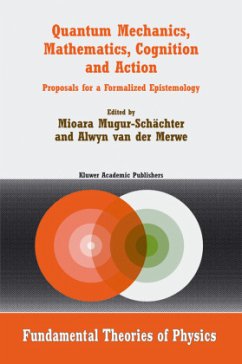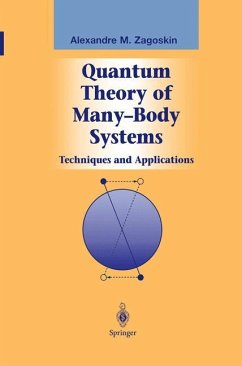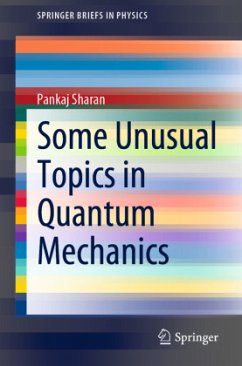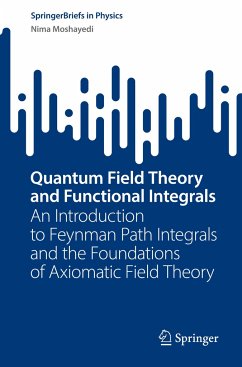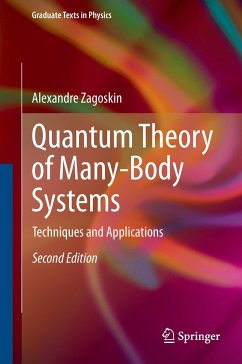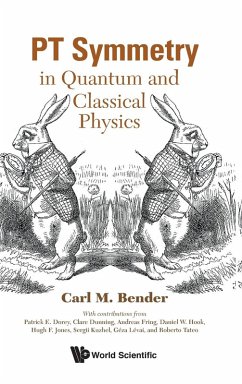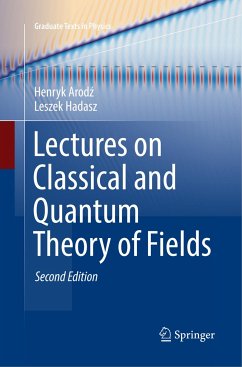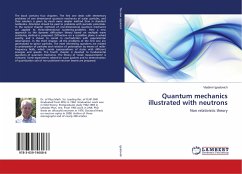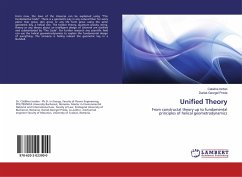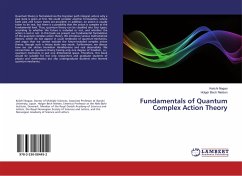
Fundamentals of Quantum Complex Action Theory
Versandkostenfrei!
Versandfertig in 6-10 Tagen
16,99 €
inkl. MwSt.

PAYBACK Punkte
8 °P sammeln!
Quantum theory is formulated via the Feynman path integral, where only a past state is given at first. We could consider another formulation, where both past and future states are provided. In addition, an action is usually taken to be real, but there is a possibility that the action is complex at the fundamental level. Thus, quantum theory can be classified into four types, according to whether the future is included or not, and whether the action is real or not. In this book we present our fundamental formulation of the quantum complex action theory. We introduce various mathematical devices...
Quantum theory is formulated via the Feynman path integral, where only a past state is given at first. We could consider another formulation, where both past and future states are provided. In addition, an action is usually taken to be real, but there is a possibility that the action is complex at the fundamental level. Thus, quantum theory can be classified into four types, according to whether the future is included or not, and whether the action is real or not. In this book we present our fundamental formulation of the quantum complex action theory. We introduce various mathematical devices, which do not appear in usual textbooks of quantum mechanics, and argue that we cannot exclude the future-included complex action theory, though such a theory looks very exotic. Furthermore, we discuss how we can obtain Hermitian Hamiltonians and real observables. We concentrate on quantum theory having only one degree of freedom, i.e., quantum mechanics in just one dimensional space. Therefore, this book would be suitable for not only researchers and graduate students of physics and mathematics but also undergraduate students who learned quantum mechanics.




